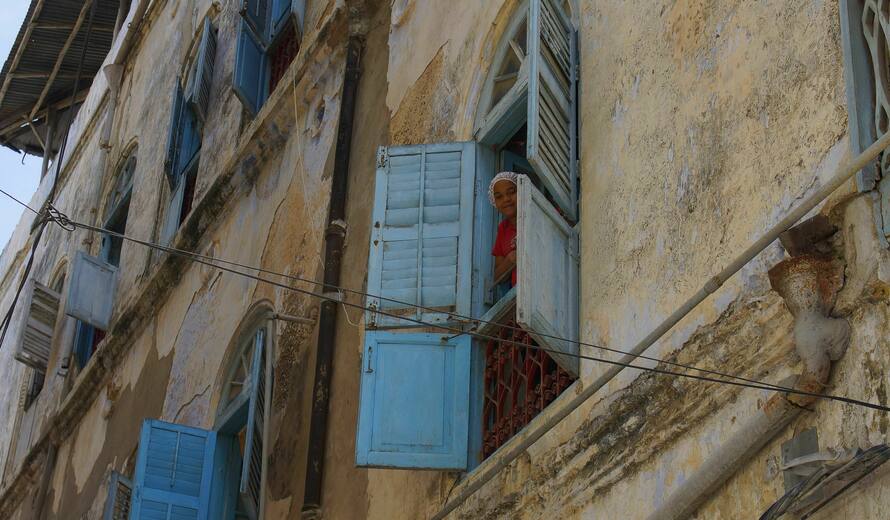
News
Message from Ms Audrey Azoulay, Director-General of UNESCO, on the occasion African World Heritage Day, 5 May 2019

Stone Town of Zanzibar. (c) Getty Images / lichtbildfotograf
Since 2016, we have been celebrating African World Heritage Day on 5 May. Proclaimed by the General Conference at its 38th session in 2015, this day was established to raise public awareness, among young people in particular, of the immense potential of the African cultural and natural heritage. For this fourth celebration, we would like not only to celebrate the richness of this heritage, but also to urge people to safeguard it for future generations.
Safeguarding the heritage is inseparable from the role that education plays in protecting and promoting the world heritage.
The effective management and conservation of world heritage sites requires a combination of education, capacity building, information and research, as well as the involvement of communities in all these aspects. This is an inherent part of UNESCO’s mission to educate and spread the values of peace, respect and mutual understanding between people and cultures.
Article 5 of the World Heritage Convention specifically calls upon States Parties to give the cultural and natural heritage a function in the life of the community. How can this be achieved without raising awareness and building capacity among professionals in the safeguarding of the heritage?
Today, despite the efforts of the African World Heritage Fund (AWHF), which endeavours to contribute to a better conservation and protection of Africa's natural and cultural heritage, the Africa region remains underrepresented, with only 95 properties (52 cultural sites, 38 natural sites and 5 mixed sites) on the World Heritage List, representing only 9% of the properties listed.
The Ngorongoro Declaration on African World Heritage as a Driver for Sustainable Development, adopted in 2016, reminds us of the urgent need to build capacity for heritage management and conservation in Africa.
In recent years, through its World Heritage Centre, and working closely with its partners, UNESCO has organized training in the preparation of nomination files, and capacity-building workshops for site managers, heritage professionals and local communities, in order to support the potential heritage has for development. An international conference on African heritage issues to be held in June 2019 at UNESCO Headquarters will mark an important commitment to African heritage.
The celebration of African World Heritage Day also gives me the opportunity to thank all our partners who support us in our efforts to build capacity and preserve heritage. I call upon States Parties, civil society, all local communities and young people in particular, to become more involved so that we can effectively accomplish this noble and promising mission of safeguarding the heritage.



